By reader Singapore Sports Fan
The Singapore Badminton Association recently re-hired Zheng Qingjin as its technical director. Zheng was convicted of accepting bribes from a subordinate coach in exchange for favours last year. His reinstatement prompted the following response from reader Singapore Sports Fan. The SBA statement in full is at the end of this post.
I remain unconvinced by the Singapore Badminton Association's statement (which took three days to prepare, mind you) to the media on its bizarre decision to rehire Zheng Qingjin as its technical director.
There are way too many gaping holes in the statement, which in turn, surfaces some hard questions that need to be asked of the SBA. But, I am sure we are never going to get any from the National Sports Association.
After all, if all they can do to explain why they have re-hired Zheng is to issue a press statement, without opting to field any questions face-to-face, then one can probably expect a stony silence from them with regards to these hard questions, which I am now going to ask:
1. Why was Zheng considered the best candidate for the post?
Who were the other candidates who were being considered? Were there any other candidates at all? And if so, why weren't they considered suitable to the job? We don't know because the SBA has conveniently opted not to tel us. In the report in TODAY, all that was said was that the SBA's development and selection committee unanimously decided on Zheng after looking at other candidates.
BUT WHO WERE THE OTHER CANDIDATES?
2. How does Zheng's re-appointment strengthen the leadership of the SBA coaching team?
Sure, he may have the technical expertise but the fact remains that he has lost his moral authority as a leader by choosing to accept bribes in the first place.
So how can the SBA management expect the coaches under Zheng to respect him as a leader after his previous abuse of his position of authority?
How can the SBA expect the morale of its other coaches to be raised when it goes ahead and re-hires someone who once used his position of power to extract financial gain from his coaching subordinates?
3. How does the tight timeline between now and the 2012 Olympics justify Zheng's re-hiring? Is it really such a tight timeline in the first place?
SBA president Lee Yi Shyan, who approved of the decision to re-employ Zheng, said that there was a “tight timeline between now and the 2012 Olympics to reshape our national team, groom our younger players to maturity, and strengthen our training methodology and process.”
Let me give you an example of how Lee Yi Shyan's explanation comes across as being really flimsy.
In 2003, Radjoko Avramovic took over as national coach of the Singapore football team. Singapore football had really hit rock-bottom under the disastrous stewardship of Jan Poulsen. Prior to Avramovic's appointment, the Lions suffered not only an embarrassing first-round exit from the Tiger Cup on home soil, but even lost 0-4 to arch-rivals Malaysia in front of a capacity crowd at the National Stadium.
Two years later, under Avramovic's guidance, Singapore won the Tiger Cup, beating Indonesia 5-2 in the final. Another two years later, Singapore retained the Tiger Cup – now known as the Asean Football Championship – by beating Thailand in the two-legged final.
Avramovic was a new coach, completely new to Asean football, having spent most of his coaching career in the Gulf region. Yet, since his appointment, he has guided the Lions to new footballing heights.
My point: the SBA's explanation of having to re-hire an ex-employee because of a tight timeline is nonsense.
Is it saying that a new technical director cannot do the job, that it would take too long for a new face to settle down to the task of preparing the national squads to do well in the SEA, Asian, Commonwealth Games and finally the Olympics?
That defies logic.
I mean, look at the Badminton Association of Malaysia. It hired Han Jian as national coach in 1989. The Chinese legend went on to help Malaysia to win the Thomas Cup in 1992.
The BAM then hired Morten Frost in 1997 and South Korean Olympic champion Park Joo Bong in 1999. Both men led the country to second-placed finishes in the Thomas Cup.
So what is all this nonsense being spouted about tight timelines? And for that matter, is four years really such a tight timeline? Says who?
4. And finally, was Zheng hired because he was the cheapest option?
After all, an out-of-work former badminton coach would probably be less demanding in his salary demands – and grateful perhaps, to earn a decent pay package again – and be way more affordable compared to someone like say, Park Joo Bong (who apparently signed an annual salary deal worth S$126,000 when he joined the Japan Badminton Association as national coach in 2004. That works out to about S$10,000 a month if you count the 13th month bonus).
In other words, was Zheng a cheap-and-good option for the SBA? Was that one of the main factors behind its decision?
Cheap option, probably so. But good? Hey, given his past abuse of his position of power, I am no longer sure that he is such a good option for Singapore badminton.
I am keeping my fingers crossed that we will get some answers from the SBA one day.
Because at the end of the day, the fact remains that public money is being used to hire Zheng. And since taxpayers' money is being spent here, I think it is our right to demand some answers from the association.
Let's hope the media will continue to prod them into giving some proper answers, and let's hope the SBA shows some guts by tackling these concerns head-on instead of issuing media statements that brook no questions, and act as convenient walls for them to hide behind.
Media release from the Singapore Badminton Association:
Singapore 07 October 2008 – SBA welcomes Mr Zheng Qingjin to rejoin the association as its Technical Director. He started work with SBA on 2 Oct 2008.
The decision was made to rehire Mr Zheng because the SBA believes in Mr Zheng’s commitment, experience and technical knowledge of the sport. As SBA sets its sights on the 2012 Olympics, and a number of important tournaments between 2008 and 2012, including the SEA Games in 2009 and 2011; Youth Olympic Games, Asian Games and Commonwealth Games in 2010, and the Thomas and Uber Cups in 2010 and 2012; Mr Zheng’s re-joining of SBA will strengthen the leadership team and add to the collective expertise of the coaching staff.
Mr Zheng is not new to SBA. He was one of SBA’s national coaches from 1991 to 1995, and moved on to assume the position of Director of Coaching from 1996 to 1997. Among the players he helped develop was Zarinah Abdullah who had a top eight world ranking. During his subsequent tenure as Technical Director from 2002 to 2006, the Singapore women’s team won the gold medal in the 2003 SEA Games. In the same period, Ronald Susilo won the Japan Open, qualified for the All-England semi-finals and beat world number 1 Lin Dan to advance to the Athens Olympics quarter-finals in 2004. Zheng was also named Coach of the Year by the Singapore National Olympic Council in 2004.
Mr Zheng, 65, has been a Singapore citizen since 1996 and speaks both Mandarin and Bahasa Indonesia. He is well connected to the international badminton fraternity.
Prior to rehiring Mr Zheng as Technical Director of SBA, the association’s Development & Selection Committee headed by SBA Secretary-General Tan Kian Chew had considered several other candidates for the job. It was the unanimous decision of the D&S committee to recommend Mr Zheng for the Technical Director post. The President of SBA, Mr Lee Yi Shyan then endorsed the D&S Committee’s recommendation. So far, SBA has received favourable responses and expressions of support from the badminton fraternity in Singapore. SBA’s decision is also welcomed and supported by CEO of the Singapore Sports Council, Mr Oon Jin Teik.
Said SBA President, Mr Lee Yi Shyan: “Between now and the Olympics in 2012, we have a very tight timeline to reshape our national team, groom our younger players to maturity, and strengthen our training methodology and process. We have to continue to do well in the immediate tournaments and yet put in place a succession plan for players and coaches so that we will continue to do well in four to six years’ time. Mr Zheng’s joining of the leadership team of SBA will help us achieve our objectives. I am confident that Mr Zheng’s experience, network, commitment and his good health will help us build a strong team.”


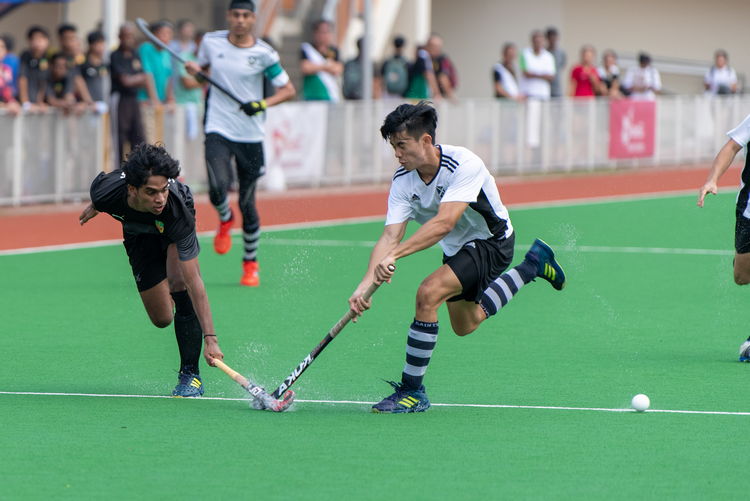
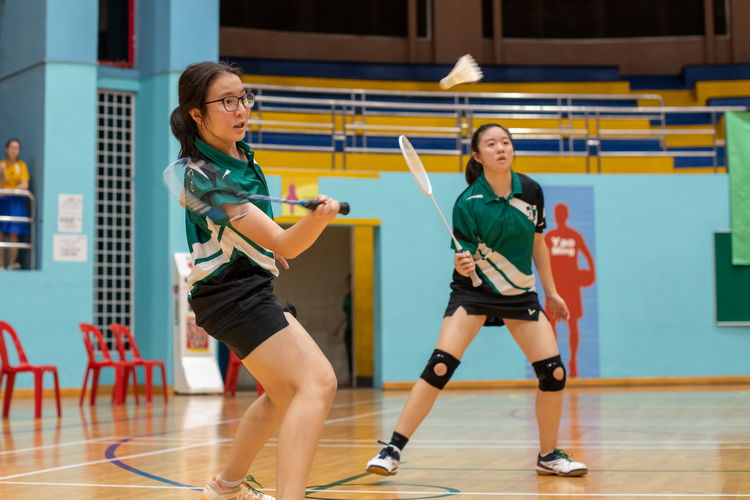

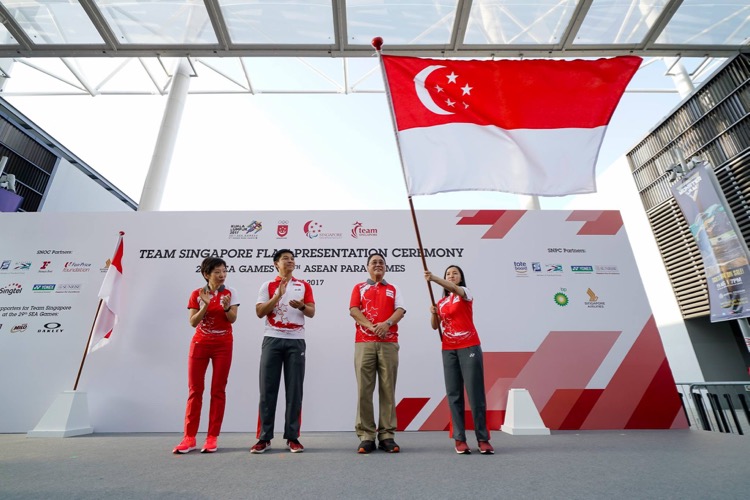
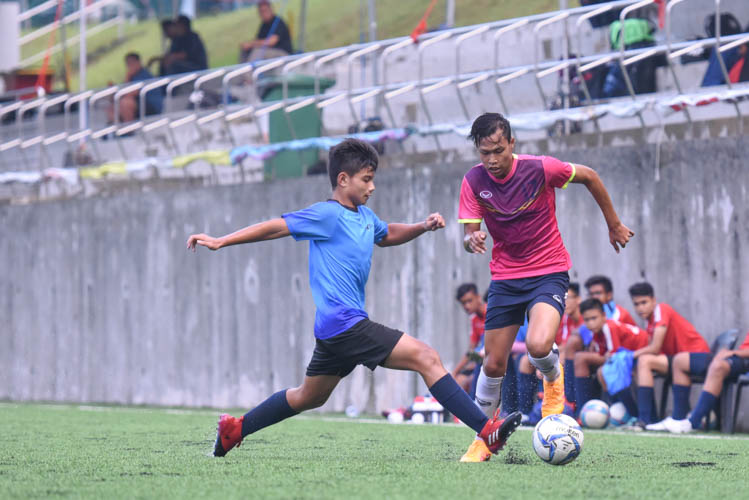

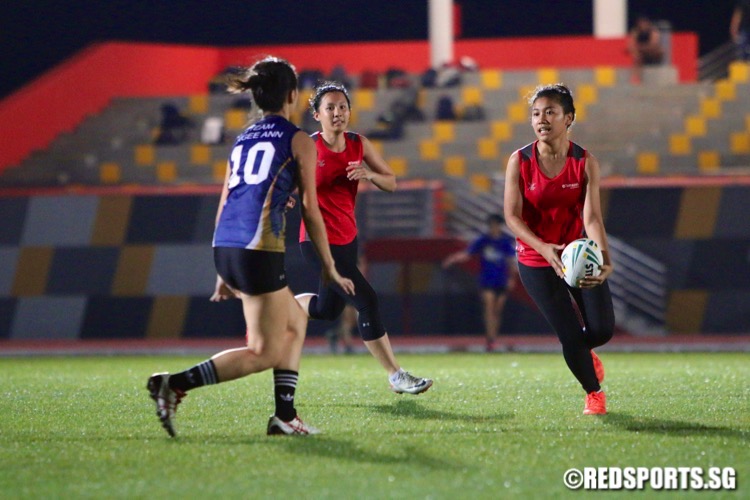
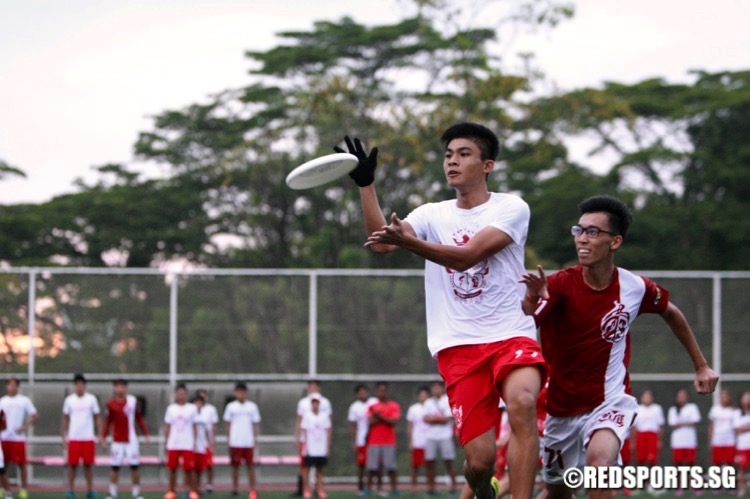
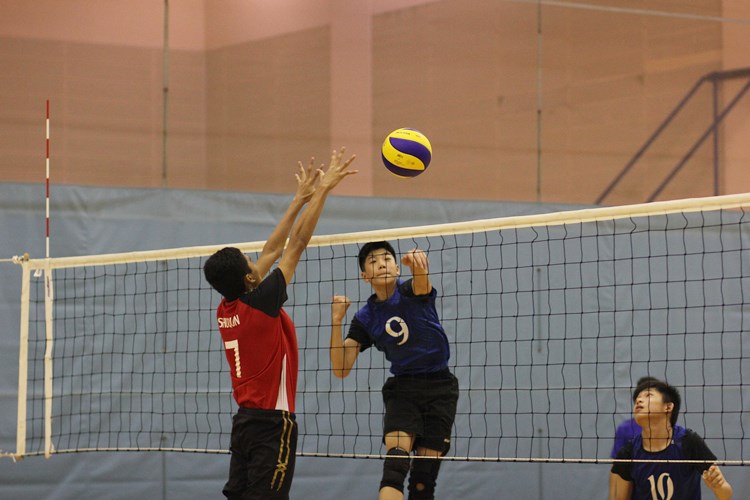
In terms of the “other” coaches you were wondering, I think the situation in badminton in Singapore is a little bit like football in England, the good coaches would rather coach a club than take the national team. So I’m not surprised that there were a lack of quality applications… and I don’t think there is enough appeal (whether monetarily or prospects) to attract good foreign badminton coaches to Singapore, perhaps to do with the overall training/coaching set up and management, or the lack thereof.
I think Zheng could possibly be the players’ choice too, I remember he has been a very popular coach amongst the youths. I think within badminton in Singapore, there isn’t the culture of discipline and submission to authority as there is in China, Japan or Korea. Again not a favourable culture to attract foreign coaches. If you consider the recent situation of 2 Chinese girls “leaving” SBA because they felt neglected by the coach, it speaks volumes about the players-coaches relationship.